Entry Category: Business and Economics - Starting with V
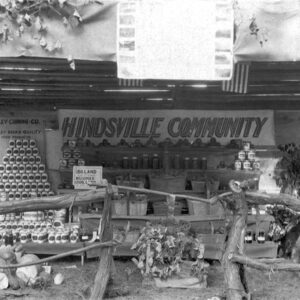 Valley Canning Company
Valley Canning Company
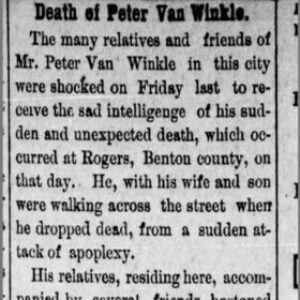 Van Winkle Death Story
Van Winkle Death Story
Van Winkle, Aaron “Rock”
Van Winkle, Peter
Van Winkle’s Mill
Vanadium Mining
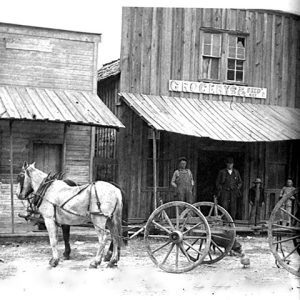 Vandervoort Grocery
Vandervoort Grocery
Velvatex College of Beauty Culture
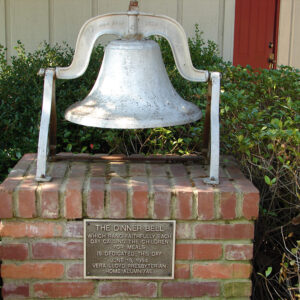 Vera Lloyd Home Bell
Vera Lloyd Home Bell
Vera Lloyd Presbyterian Family Services
 Vera Lloyd Services Sign
Vera Lloyd Services Sign
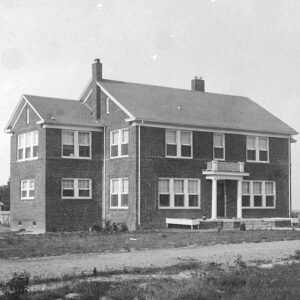 Vera Lloyd Services' Original Williamson Hall
Vera Lloyd Services' Original Williamson Hall
Vertac
Vestal Nursery
aka: J. W. Vestal & Son
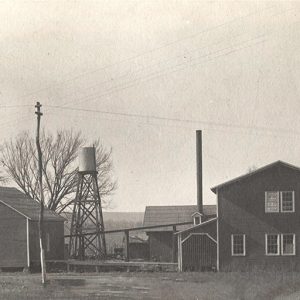 Vinegar Factory
Vinegar Factory
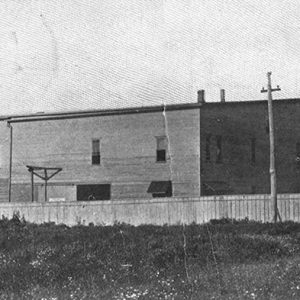 Vinegar Factory
Vinegar Factory
Vino’s
 Vino's Back Room
Vino's Back Room
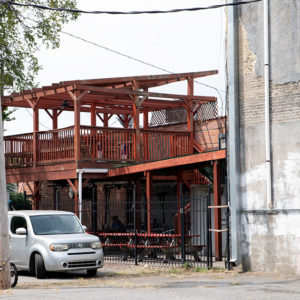 Vino's Deck Patio
Vino's Deck Patio
 Vino's Dining Room
Vino's Dining Room
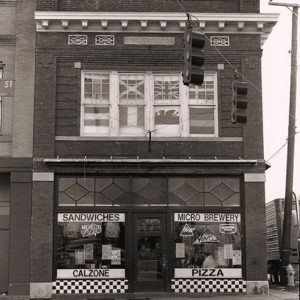 Vino's Entrance, 1994
Vino's Entrance, 1994
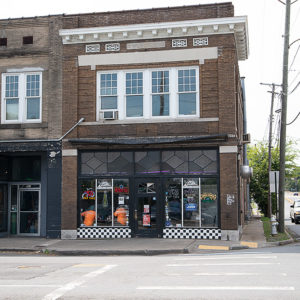 Vino's Entrance, 2022
Vino's Entrance, 2022
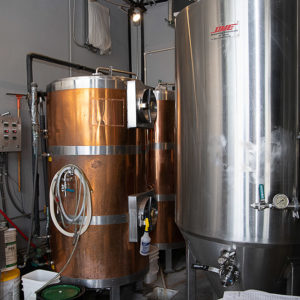 Vino's Microbrewery Equipment
Vino's Microbrewery Equipment
 Vino's Ovens
Vino's Ovens




